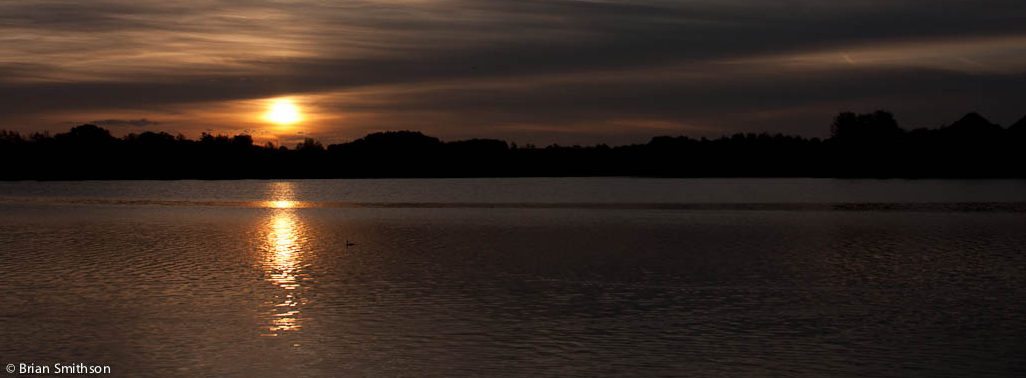Last Night I Watched: ‘Lake Mungo’
As a horror fan, you come across an awful lot of garbage, but tucked away among the dross are some hidden gems. The found-footage craze, started by the success of The Blair Witch Project and Paranormal Activity, is responsible for a lot of rubbish – a lot of filmmakers didn’t realise that shaky-cam and pretending things are real are not, in themselves, scary. The style was employed in the underappreciated 2008 Australian film Lake Mungo, which managed to be both terrifying and emotionally powerful. Here’s why you should seek out this film, horror fan or not.
The film is presented as a documentary, following the Palmer family, who are struggling to come to terms with the strange drowning of their daughter Alice. We see each member of the family grieve in their own ways and, as they find it difficult to move on, it appears that Alice is the same. She begins appearing in photographs taken by her brother, and the Palmers question the circumstances surrounding her death, seeking official and paranormal assistance to learn exactly what is going on. Soon, the family begin to uncover some hidden truths and question how well they really knew their daughter.
The description I’ve offered is incredibly generic, and that’s because Lake Mungo is a film that really benefits from knowing as little as possible. It boasts a narrative with a number of turns, and I’m not going to spoil any of them here. Technically, it’s classed as a horror film and, at points, it’s very unsettling, with some sequences that’ll keep you up at night. This isn’t primarily a scary film but, at the points it wants to scare, it succeeds masterfully. By the time we reach Lake Mungo itself, you’ll witness one of the most terrifying things I think I’ve ever seen in a film.
we buy into everything that’s happening because all of the Palmers feel real
Unusually for a found-footage horror, the film is very well-acted too. Even before any of the strange events begin plaguing the family (the film is very open about the character’s disbelief), we buy into everything that’s happening because all of the Palmers feel real. Alice’s father Russell seems to be keeping it together, but there’s a deep sadness behind his eyes. Her mother June is clearly bothered by the things that were left unsaid, the regrets of a life not fully lived, while Alice’s brother throws himself into his work. If you’ve ever lost anyone, you’ll recognise the pain, and it really grounds the film. When they start talking about hauntings, you believe it because you believe them.
Lake Mungo is, then, a meditation on death and the ways it disrupts life. Although it answers some of the questions it poses, it wisely steers clear of addressing them all – death never lets us wrap everything up with a ribbon. Perhaps we’ll never truly know those around us, and perhaps that is a source of true horror in itself. Even as the film terrifies you, it will also break your heart as it discovers the secrets of Alice’s life, and it’ll leave you with lots of questions about what you’ve witnessed. Just make sure you stay for the credits, because you’ll see some things that will make you want to watch again almost immediately.
Lake Mungo is, then, a meditation on death and the ways it disrupts life.
It may be a relatively unknown film, but that’s no reason not to check out Lake Mungo. It’s a rarity – it’s a found-footage horror that could actually pass for real, and that actually has the self-restraint to unsettle and be scary. But it’s much more than that – it’s also a powerful drama about grief, and how it truly hurts those who are left behind. Go into this one with an open mind, because you’re unlikely to see anything similar or as effective in a long while.

Comments